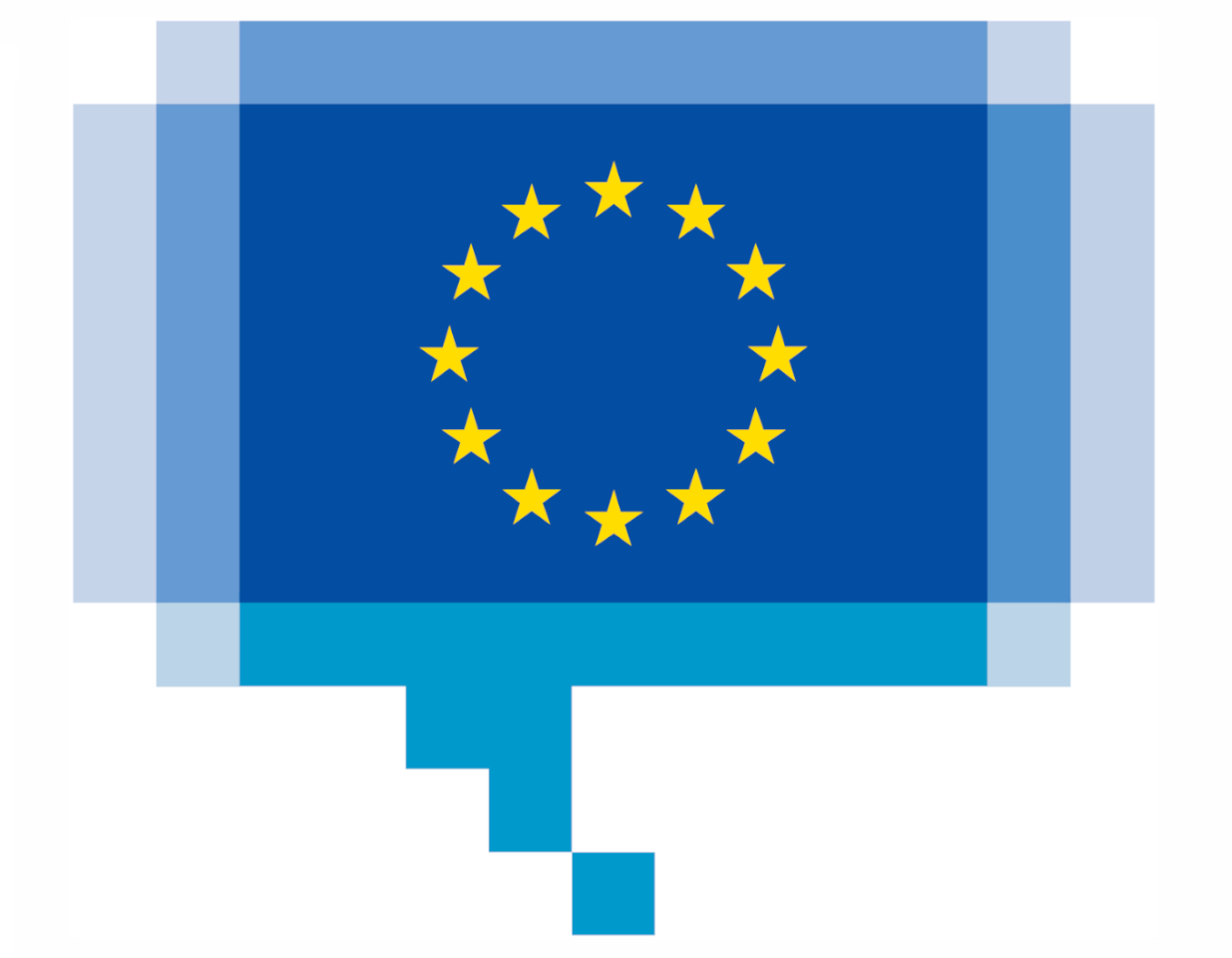What are the main features of an EDIC?

date: 11/09/2023
|
|
LEGAL STATUS |
|
|
|
PARTICIPATION |
|
|
|
GOVERNANCE |
|
|
|
FINANCING |

date: 11/09/2023
|
|
LEGAL STATUS |
|
|
|
PARTICIPATION |
|
|
|
GOVERNANCE |
|
|
|
FINANCING |